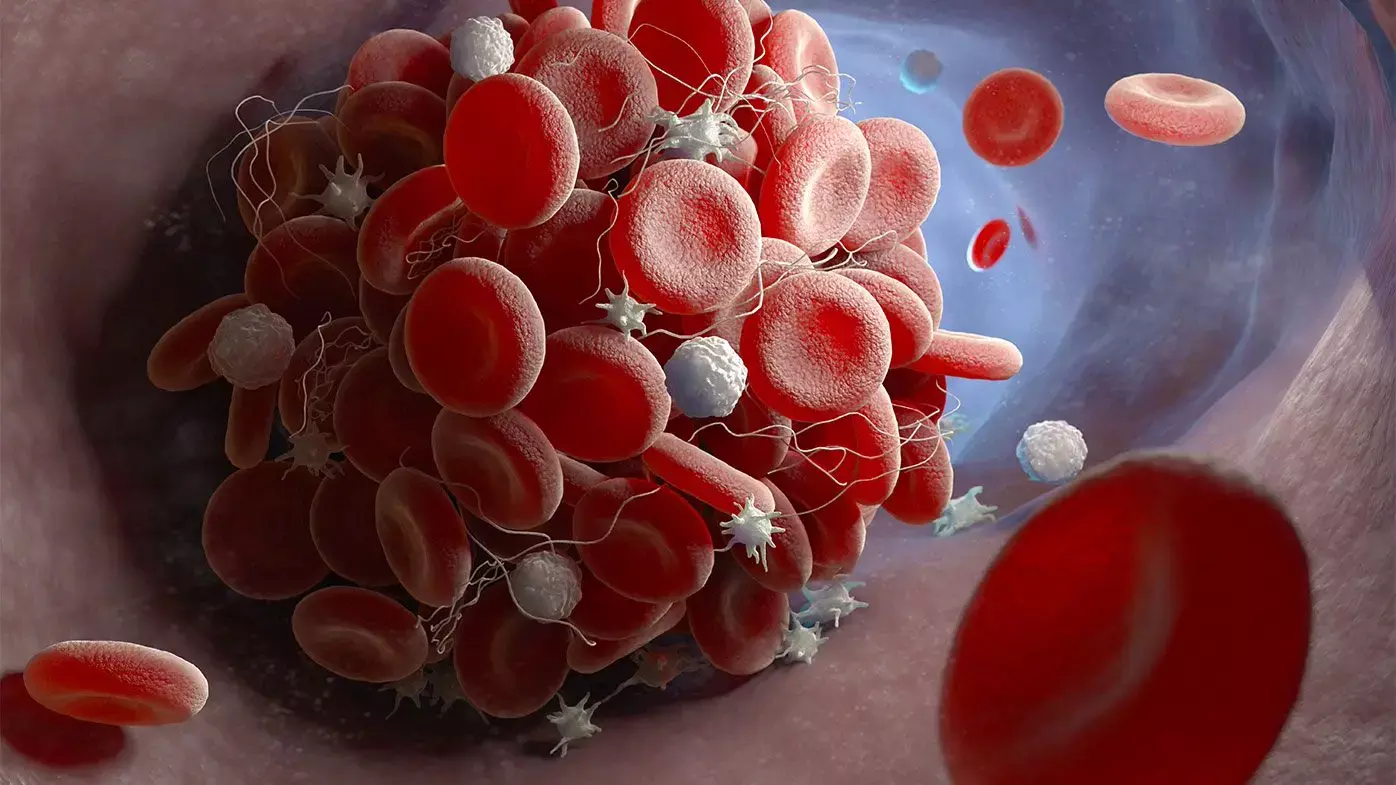- Home
- Medical news & Guidelines
- Anesthesiology
- Cardiology and CTVS
- Critical Care
- Dentistry
- Dermatology
- Diabetes and Endocrinology
- ENT
- Gastroenterology
- Medicine
- Nephrology
- Neurology
- Obstretics-Gynaecology
- Oncology
- Ophthalmology
- Orthopaedics
- Pediatrics-Neonatology
- Psychiatry
- Pulmonology
- Radiology
- Surgery
- Urology
- Laboratory Medicine
- Diet
- Nursing
- Paramedical
- Physiotherapy
- Health news
- Fact Check
- Bone Health Fact Check
- Brain Health Fact Check
- Cancer Related Fact Check
- Child Care Fact Check
- Dental and oral health fact check
- Diabetes and metabolic health fact check
- Diet and Nutrition Fact Check
- Eye and ENT Care Fact Check
- Fitness fact check
- Gut health fact check
- Heart health fact check
- Kidney health fact check
- Medical education fact check
- Men's health fact check
- Respiratory fact check
- Skin and hair care fact check
- Vaccine and Immunization fact check
- Women's health fact check
- AYUSH
- State News
- Andaman and Nicobar Islands
- Andhra Pradesh
- Arunachal Pradesh
- Assam
- Bihar
- Chandigarh
- Chattisgarh
- Dadra and Nagar Haveli
- Daman and Diu
- Delhi
- Goa
- Gujarat
- Haryana
- Himachal Pradesh
- Jammu & Kashmir
- Jharkhand
- Karnataka
- Kerala
- Ladakh
- Lakshadweep
- Madhya Pradesh
- Maharashtra
- Manipur
- Meghalaya
- Mizoram
- Nagaland
- Odisha
- Puducherry
- Punjab
- Rajasthan
- Sikkim
- Tamil Nadu
- Telangana
- Tripura
- Uttar Pradesh
- Uttrakhand
- West Bengal
- Medical Education
- Industry
SGLT2 inhibitors may reduce atherothrombotic major CV events in diabetes patients: Study

A recent study conducted across public hospitals in Hong Kong highlighted the superiority of sodium-glucose cotransporter 2 (SGLT2) inhibitors over dipeptidyl peptidase-4 (DPP-4) inhibitors in reducing the risk of major adverse cardiovascular events in patients with type 2 diabetes. The findings of this study published in the recent issue of the Journal of the American Heart Association provide crucial insights into diabetes management.
The study included a total of 20,642 adult patients newly prescribed SGLT2 or DPP-4 inhibitors between January 2015 and December 2019. The 2 groups were carefully matched using statistical techniques to ensure comparability which resulted in equal cohorts of 10,321 patients each. This research tracked the participants for a median duration of 2.9 years by focusing on the occurrence of atherothrombotic major adverse cardiovascular events (MACE). This composite measure included cardiovascular mortality, nonfatal stroke, and nonfatal myocardial infarction.
SGLT2 inhibitors showed a substantial advantage over DPP-4 inhibitors in reducing cardiovascular risks and improving overall outcomes. The patients on SGLT2 inhibitors had significantly fewer major cardiovascular events (4.4% vs. 7.0%). The hazard ratio (HR) was 0.64 by indicating a 36% risk reduction when compared to DPP-4 inhibitors.
RSGLT2 inhibitors were associated with decreased all-cause and cardiovascular-specific mortality rates which highlighted the life-saving potential. The incidence of both stroke and heart attack was lower among SGLT2 users by emphasizing their role in preventing severe complications.
The SGLT2 inhibitors also demonstrated a significant reduction in the incidence of dialysis that suggested additional benefits for kidney health. With over 60% of participants being men and a mean age of 59 years, the results are particularly relevant for middle-aged and older adults affected by diabetes-related cardiovascular issues.
The outcomes of this study reinforces the importance of prioritizing treatments with proven cardiovascular and renal benefits for patients with type 2 diabetes. This comprehensive analysis marks SGLT2 inhibitors as a superior choice for reducing cardiovascular risks and improving survival in type 2 diabetes patients compared to DPP-4 inhibitors.
Source:
Ng, P. Y., Ng, A. K., Ip, A., Sin, W. C., & Yiu, K. (2024). Atherothrombotic Outcomes After Sodium‐Glucose Cotransporter 2 Inhibitors Versus Dipeptidyl Peptidase‐4 Inhibitors in Patients With Type 2 Diabetes: A Territory‐Wide Retrospective Cohort Study. In Journal of the American Heart Association. Ovid Technologies (Wolters Kluwer Health). https://doi.org/10.1161/jaha.124.037207
Neuroscience Masters graduate
Jacinthlyn Sylvia, a Neuroscience Master's graduate from Chennai has worked extensively in deciphering the neurobiology of cognition and motor control in aging. She also has spread-out exposure to Neurosurgery from her Bachelor’s. She is currently involved in active Neuro-Oncology research. She is an upcoming neuroscientist with a fiery passion for writing. Her news cover at Medical Dialogues feature recent discoveries and updates from the healthcare and biomedical research fields. She can be reached at editorial@medicaldialogues.in
Dr Kamal Kant Kohli-MBBS, DTCD- a chest specialist with more than 30 years of practice and a flair for writing clinical articles, Dr Kamal Kant Kohli joined Medical Dialogues as a Chief Editor of Medical News. Besides writing articles, as an editor, he proofreads and verifies all the medical content published on Medical Dialogues including those coming from journals, studies,medical conferences,guidelines etc. Email: drkohli@medicaldialogues.in. Contact no. 011-43720751


